Woolworths, Comet, and Wilko - why did these nostalgic high street retailers shut up shop for good?
and live on Freeview channel 276
Woolworths, Comet, and MFI. These are but a few of the nostalgic stores you would frequently see on high streets across the UK, but times have sadly changed.
With shopping behaviours changing - largely with the rise in online retail and how easily accessible this is - many stores have left the high street.
Advertisement
Hide AdAdvertisement
Hide AdWhile some have gone bust, others have merged with other similar retailers to become remnants of the past.
As the list below reveals, a number of stores have left the high street over the last two or three decades. Do you remember all of these?
Some of these brand names have gone altogether, while others have re-branded or launched as online-only businesses.
Woolworths
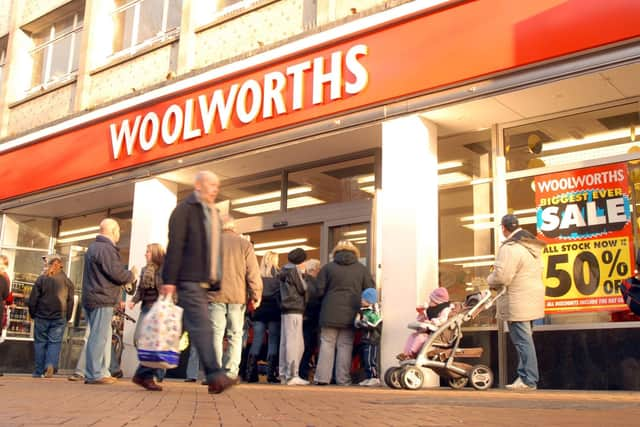

Woolworths was a staple of the British high street for generations as it was first founded in 1909. It sold many products including children’s clothing, sweets, and toys - and there were over 800 stores all across the UK.
Advertisement
Hide AdAdvertisement
Hide AdIf you're old enough, we'll all remember popping into a Woolworths in our younger years - or as a parent.
It fell into difficulty in 2008 and then officially entered into administration in early 2009. This is when all the stores were closed.
Debenhams
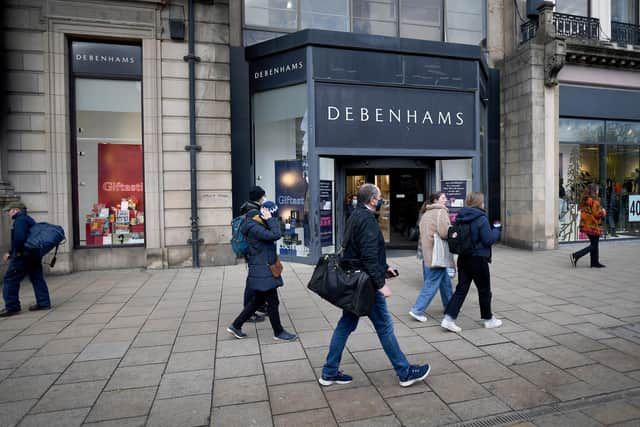

Debenhams closed all of its 124 stores after last-ditch efforts to rescue the department store chain failed.
Advertisement
Hide AdAdvertisement
Hide AdAfter 243 years in business as a department store, Debenhams was gone for good in 2021.
In January of that year, Boohoo bought the Debenhams brand and website for £55m, but did not retain any of the remaining 118 stores, meaning the loss of up to 12,000 jobs. Boohoo relaunched the website as Debenhams.com in April of that year.
In 2022, it was reported that almost 90% of the large vacant retail space left by Debenhams was still empty.
Rumbelows
A tech retailer in the UK that traded from the late 1960s until the mid-1990s.
Advertisement
Hide AdAdvertisement
Hide AdBy the 1990s, the business was making losses and its remaining 285 Rumbelows shops were closed in 1995.
Rumbelows had been losing £12 million annually and had never made a profit in its 24 years of existence. Some stores were sold to Escom, a German PC retail chain, but Escom itself folded in 1998.
Some things just aren't meant it be it seems.
Dixons
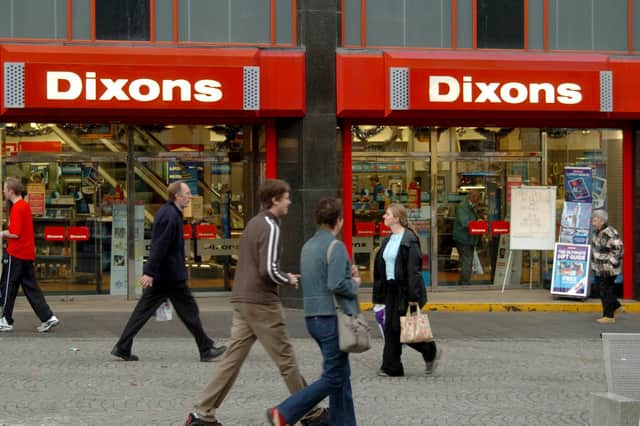

You may remember buying a camera, computer or other electronic equipment from here. Dixons was one of the largest consumer electronics retailers in Europe.
The company operated Currys, Currys Digital, PC World (with stores later dual branded ‘Currys PC World’) between 1937 and 2006. In that year, the brand was superseded by Currys and rebranded as Currys.digital
Advertisement
Hide AdAdvertisement
Hide AdDixons continued to trade online as Dixons.co.uk until 2012.
The brand also merged with Carphone Warehouse and standalone Dixons stores then closed and six years later Carphone Warehouse moved online in 2020.
MFI
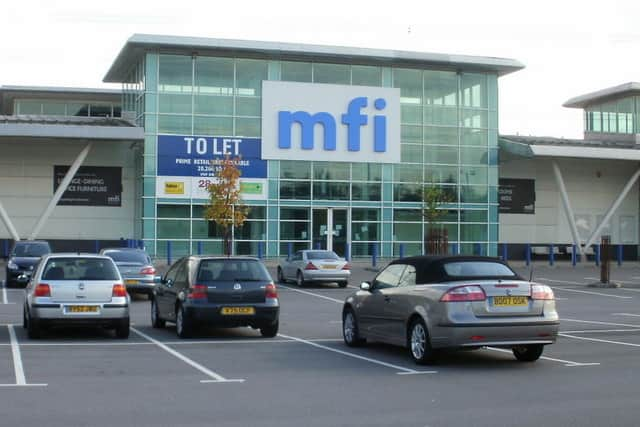

MFI was a furniture shop, which at one point was one of the largest suppliers of kitchens and bedroom furniture in the UK in the 1960s, 1970s, 1980s and 1990s. It struggled to make profits in the 2000s and went into administration in 2008.
The business ceased trading on December 19 of that year after the administrators failed to find a buyer.
Advertisement
Hide AdAdvertisement
Hide AdThe brand was actually relaunched in 2016 by its parent company as VictoriaPlum.com.


Comet was a popular another electronic and white goods shop.
The firm entered administration in November 2012, and all stores and their stock was liquidated and closed by 18 December.
Before its collapse, the company was the UK’s second biggest electrical retailer, with 6,000 staff and over 200 stores.
Advertisement
Hide AdAdvertisement
Hide AdIn 2019, Misco Technologies Limited announced the acquisition of the Comet brand and has relaunched Comet. Since then, the store relaunched as an online-only retailer in 2019.
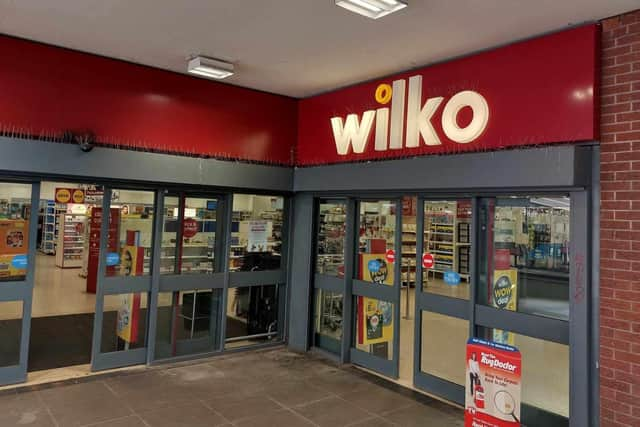

High street chain Wilko was a staple of British retail but fell into administration in August - more than 90 years after it began as a single hardware shop in Leicester. Shops across the country have been closing throughout September, and the remaining stores will close in early October
The company has been closing down all of its 400 stores around the country after it collapsed into administration two months ago.
Attempts to salvage the struggling chain largely failed as it continued to struggle to pay suppliers, leaving gaps on shelves.
The Guardian reports how, according to retail analyst Richard Hyman, one of Wilko's biggest problems was that it had too many large stores in expensive high-street locations.
Comment Guidelines
National World encourages reader discussion on our stories. User feedback, insights and back-and-forth exchanges add a rich layer of context to reporting. Please review our Community Guidelines before commenting.
